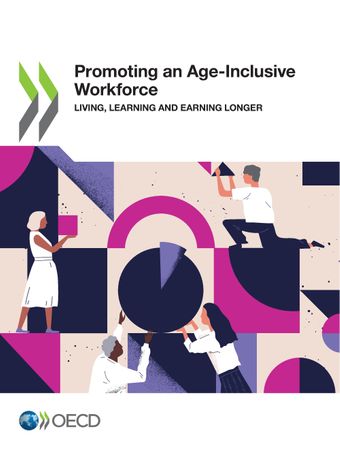Americans less prepared for retirement amid financial uncertainty – Fidelity
Americans are less prepared for retirement than they were during the start of the COVID-19 pandemic, according to Fidelity Investment's 2023 retirement saving assessment study. According to the study, which was released Tuesday and examined the responses of 3,569 retirement savers that are run through Fidelity's retirement planning platform, the typical American saver is on target to have only 78% of the income needed to cover expenses during retirement. That is down from 83% at the beginning of 2020, when...










